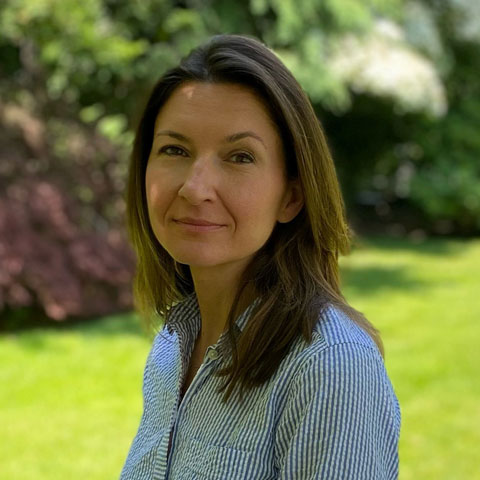Expert Outlook: Reclaiming Self After Brain Injury— Have a Say in Who You Become

There are two very distinct yet interrelated types of loss after brain injury
By Tara Buggie
The mystery of “self” has historically confounded science. As recently as 2021, the understanding of self has been called a major weakness in cognitive science. As a result, the loss of self that can occur after brain injury is not well understood. Having lived my own loss of self after a severe traumatic brain injury in 1997, I have dedicated decades to the study of the topic. I am thrilled that today ’ s golden age of neuroscience now recognizes that people living with brain injury play a key role in helping to solve the mystery.
There are two very distinct yet interrelated types of loss after brain injury. The loss of sense of self typically follows mild brain injury. It can leave individuals aware of an emotionally distressing difference between their pre- and post-injury selves. This can be so catastrophic that they fall into a cycle of denial.
The second type of loss is impaired self-awareness, also known as anosognosia. This loss usually follows severe brain injury and leaves individuals unaware of the deficits that the injury has resulted in. Both types of loss can limit the benefit of rehabilitation to individuals with brain injury. They may not even recognize their need for rehabilitation and have difficulties setting appropriate goals. Both types of loss can lead to depression, poorer outcomes, and a lower quality of life.
To lessen the effects of either type of loss, neuroscience now recognizes the importance of understanding the individual experience of self after brain injury—renowned neurologist Oliver Sacks called “almost unimaginably remote” from anything the most sensitive observer has ever known.
Since 1998, storytelling has been used to understand the experience of living with brain injury and help rebuild identity in those without memory or with language difficulties. Author and academic Jason Tougaw wrote about “experiencing the brain” in his 2018 award-winning book, The Elusive Brain: Literary Experiments in the Age of Neuroscience. He noted that brain memoirs are a way to bridge the gap between the patient and doctor or scientist and that they “may have a thing or two to teach neuroscientists about the self and uncertainty.”
Individuals with brain injury are now seen as viable forces who have a say in who they become. Please join me in sharing your brain injury experience and understanding of self after brain injury to help more survivors move toward what I call, “new, new selves after brain injury.” Together we can play an essential role in moving science toward mastering this final frontier.
